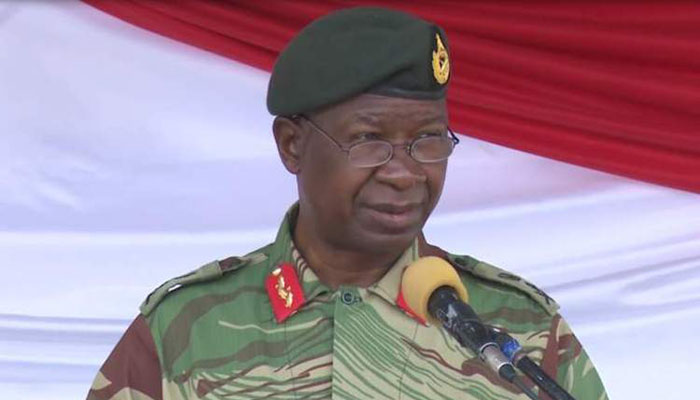
The Sunday Mail

Jane Ngwenya
Cde Jane Lungile Ngwenya is one of the most senior surviving former Zapu nationalists. She was involved in the formation of the Southern Rhodesia African National Congress in the 1952, the National Democratic Party in 1960 and Zapu two years later. Last week, The Sunday Mail’s Chief Reporter Kuda Bwititi engaged Cde Ngwenya on Unity Day whose 30th anniversary was celebrated last Friday.
Below is Cde Ngwenya in her own words.
***
It is important to trace our unity not just from the signing of the Unity Accord on December 22, 1987, but also from the founding values of our nation.
These founding values were critical in forming the Zimbabwean nation and setting us apart as a distinct group of people with a common identity.
I got involved in nationalist politics in the 1950s and, therefore, believe that the spirit of unity became distinct when we started the African National Congress.
Our cadres were from diverse backgrounds but united by a sense of common purpose in getting rid of colonial rule. When the National Democratic Party was formed on January 1, 1960, the same spirit was evident. The NDP comprised trade unionists, teachers and every other politically-conscious person. No single tribe, region or totem was superior.
People came from Plumtree, Chirundu, Beitbridge and elsewhere to fight for independence and that united us. Our suffering bound us as a proud people who wanted to liberate their country.
What also made us unique was that our suffering was much deeper than that of Africans in other countries.
Colonialism in the then Rhodesia was entrenched as the settler rulers were more brutal and determined to cling onto this country.
What is more, we were a province of Britain and were like slaves.
So, in talking about Unity Day, it is clear that our suffering and common purpose united us as a people.
Unsung heroes
In the lead-up to the Unity Accord, a lot happened behind the scenes. Joshua Nkomo of Zapu and Robert Mugabe of Zanu were obviously the most important figures during talks. Being a Zapu leader, I was involved in those talks. (I had also participated in the Lancaster House Conference of 1979).
I served as Deputy Minister at the time of the unity talks.
Various committees were formed to link discussions at the table and the rest of the two parties’ leaderships. Many people made significant contributions to the committees; some are now late. I pay particular tribute to Cde Angeline Masuku, a key committee member.
She was vibrant and worked diligently, putting in several hours for results to be achieved. Another untold story is the military’s role in the Unity Accord. I know there has always been an attempt to present the military as perpetrators of violence and killings that took place.
Yes, those sad developments cannot be denied.
However, there has been a tendency to ignore the role which the military played as deliberations unfolded.
The military was crucial in ensuring peace at the end. Commanders such as Phillip Valerio Sibanda were sober and stood firm in telling our leaders that they needed to sign the accord.
I particularly recall Sibanda as I had known him from his early days as a Zipra combatant.
Instead of warmongering, the soldiers became peacemakers who deserve recognition for their role.
It would have been difficult to achieve unity without them.
It was clear during talks, though, that no one wanted civil disturbances to continue. I’m also sure that none from both Zanu and Zapu wanted them to occur in the first place.
However, this should not hold us back as a country as what happened at the time was certainly not Zimbabwean.
Defending the Unity Accord
We have to continue to heal, and the Unity Accord of 1987 is obviously the foundation of preserving unity. Gukurahundi should not be forgotten, but people should also understand that enemies amongst us want to use it to divide us. This is why they use media to stir emotions around the matter.
We should not allow that to happen.
I was there when the Unity Accord was formulated. Some still want to take every opportunity to create disharmony.
They will not succeed.
We should desist from finger-pointing over past differences because that will not take us anywhere. Finger-pointing is a weapon that can be used by our enemies to destroy the unity we have built.
No one should be blamed for Gukurahundi.
Rather, we should be forward-thinking and realise the progress that we made by signing the Unity Accord. Zimbabweans are one people born of a protracted struggle.
We now need to be united in the same manner that we were in fighting colonialism. The same should apply in the new fight that our President has implored us to focus on – economic prosperity.
All we want is development, and national unity is necessary for us to achieve it.





